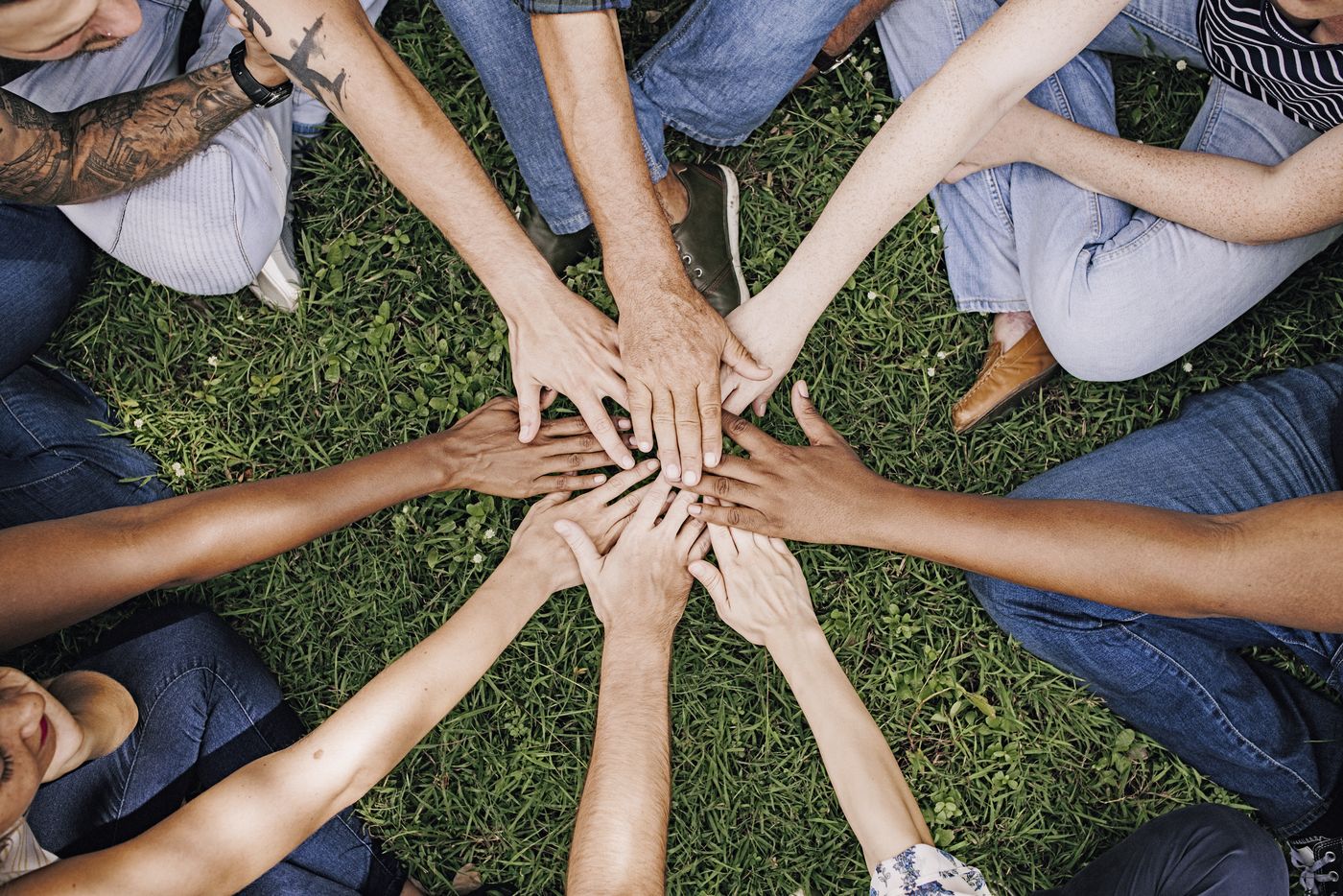Promoting interculturality with exchange and mobility projects
Intercultural competences are a key qualification in today's globalised society. Therefore, they should be part of every education. A time spent in another culture offers numerous learning situations, but it is not a self-perpetuating experience: targeted preparation and follow-up are the foundations for successful learning. Movetia offers support in the form of workshops and provides tools.
What are intercultural competences and intercultural learning?
Intercultural competences refer to the ability to understand people from different cultures and to communicate and interact with them effectively. This includes understanding cultural differences, the ability to navigate culturally complex situations and to resolve intercultural conflicts. Intercultural learning enables students to find their way in unfamiliar environments.
Intercultural learning promotes the following goals:
- Overcoming ethnocentrism (judging other cultures from one's own perspective)
- Conscious and critical handling of stereotypes
- Building acceptance for other cultures
- Understanding the concept of culture and one's own cultural attachment
- Understanding of foreignness or foreignness dynamics
Movetia aims to fund exchange, mobility and cooperation projects that have a positive and sustainable impact on participants' own intercultural learning.
What further training/workshops does Movetia offer on the topic of interculturality?
The aim of Movetia's offers is to promote reflection, sensitisation and the resulting implementation of intercultural learning in relation to exchange and mobility projects for all education sectors. To this end, the following further training is offered:
Primary and secondary I teachers
Actors from vocational education and training
Higher education
- Workshops in development, please contact us if you have any questions
The offer is constantly being expanded.
Are there any practical examples of interculturality and exchange?
Every exchange activity is an experience in an unknown environment and promotes intercultural competences. You can find various practical examples in the field reports of mobility participants.
What tools and aids are there to support intercultural learning?
The better the intercultural preparation and follow-up, the greater the chance of having positive mobility experiences and acquiring the most diverse and sustainable intercultural competences possible. The following tools and aids can help you in this process_
- Movecast on interculturality
- Platform match&move
- Toolkit Intercultural Learning, Council of Europe
- Salto Youth's Toolbox
- Erasmus+ learning platform
- UNESCO manual for developing intercultural competencies (Deardorff, 2020)
Movetia is constantly working to develop the offer further.
Are there any scientific contributions on the topic of interculturality?
Interculturality is a wide-ranging topic with many different aspects. This is reflected in the many definitions and the corresponding diversity of academic contributions. The following collection is not an exhaustive list of academic contributions on interculturality, but rather aims to provide an insight into the diversity of interculturality and intercultural learning and to promote different ways of thinking:
- Baiutti, M. (2021). Developing and Assessing Intercultural Competence during a Mobility Programme for Pupils in Upper Secondary School: The Intercultura Assessment Protocol.
- Barmeyer, C. I. Genkova, P. Scheffer, J. (2011). Wahrnehmung, Stereotype, Vorurteile.
- Hackett et al. (2023). The effectiveness of Collaborative Online International Learning (COIL) on intercultural competence development in higher education.
- Maryse P. & Hock, S. (2014). Les rencontres interculturelles entre étudiants internationaux dans le cadre d'un séjour d'études universitaires à l'étranger.
- Onorati, M. & d’Ovidio F. (2016). Mobility and Intercultural Competence in International Lifelong Learning Programs: A Longitudinal Study.
Movetia is interested in further academic contributions on exchange and interculturality.
Our network is constantly expanding and interested organisations can get in touch.
